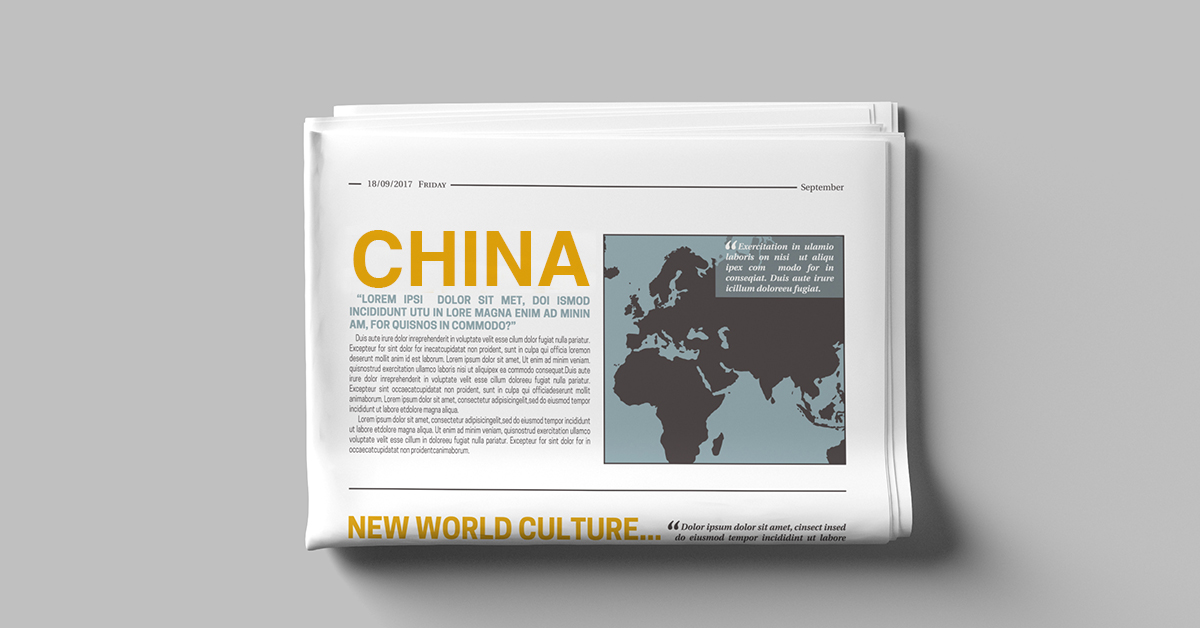Alibaba Launches Taobao Fast Delivery to Challenge JD.com and Meituan
Alibaba is rolling out a new one-hour delivery service on Taobao in a bold bid to take on JD.com and Meituan in China’s hyper-competitive logistics race. Dubbed “Taobao 1-Hour Delivery,” the service will first target major cities like Beijing, Shanghai, and Guangzhou. Backed by Alibaba’s Cainiao logistics arm and local store partners, the move aims to supercharge convenience for millions of users.
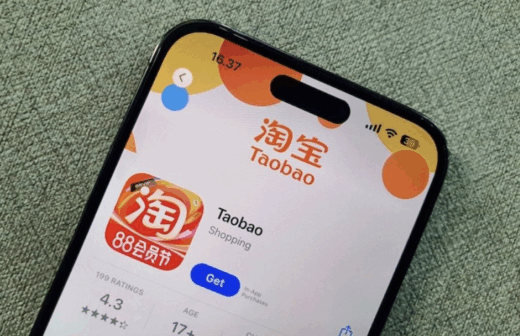
Apple Feels the Squeeze in China as Sales Slip Amid Tariffs and Local Rivals
Apple’s China sales are taking a hit, with stiff competition from local brands like Huawei and new U.S. tariffs compounding the pressure. The company’s market share is shrinking as Chinese consumers increasingly favor homegrown alternatives—and rising import costs aren’t helping. Analysts say Apple’s pricing power is weakening in the region, where patriotic buying and rapid tech innovation are reshaping consumer preferences.
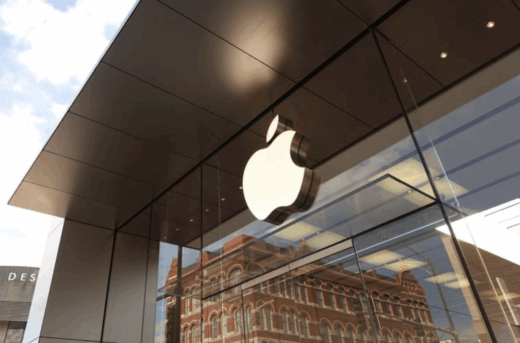
XPeng Hits 30,000+ Monthly Deliveries for Sixth Straight Month
Chinese EV maker XPeng delivered over 30,000 vehicles in April, marking its sixth consecutive month at that volume. The steady performance signals XPeng’s rising strength in China’s competitive EV market, fueled by demand for its smart, tech-focused models. The company’s consistent growth comes amid an AI-driven transformation in mobility and as rivals like BYD and Li Auto also ramp up innovation.
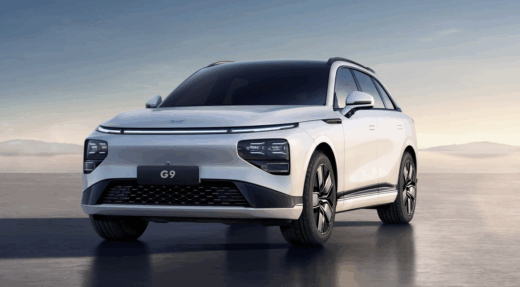
Nvidia Warns U.S. Lawmakers of Huawei’s Rising AI Chip Power
Nvidia has raised red flags with U.S. lawmakers over Huawei’s rapidly advancing AI chip capabilities, signaling concern that the Chinese tech giant is closing the gap in a space once dominated by American firms. As Huawei ramps up production of its Ascend AI chips, Nvidia argues the U.S. needs stricter controls to maintain its competitive edge and protect national security interests. The warning comes amid heightened scrutiny of China’s tech self-sufficiency push—and as Washington weighs deeper export restrictions.
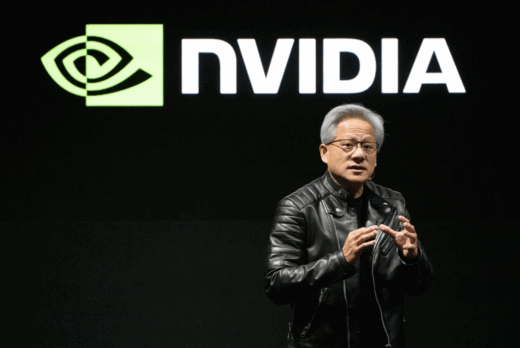
Ford Shuts Down “Tesla-Like” Software Brain Project
Ford has scrapped its ambitious project to build an in-house electronic “brain” for its vehicles—an effort once seen as key to competing with Tesla’s vertically integrated tech stack. The decision reflects mounting cost pressures and shifting priorities as Ford restructures its EV and software strategies. Insiders say the automaker will now lean more on external suppliers and focus on software that supports, rather than replaces, traditional vehicle systems.
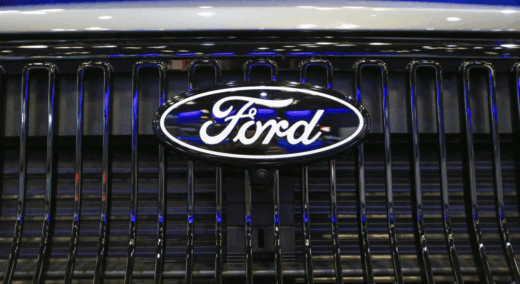
Nadella: AI Now Writes Up to 30% of Microsoft’s Code
Microsoft CEO Satya Nadella revealed that AI now generates as much as 30% of the company’s internal code—a striking indicator of how deeply generative tools are reshaping software development. Speaking during Microsoft’s earnings call, Nadella highlighted the role of GitHub Copilot and other AI tools in boosting developer productivity. The shift underscores how AI is moving from experimental to essential in enterprise workflows. As more companies integrate AI into coding pipelines, Microsoft’s experience could serve as a blueprint for how automation redefines knowledge work.
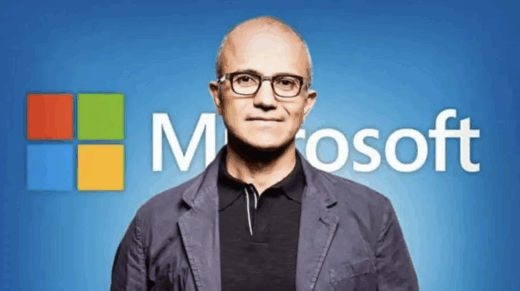
Visa and Mastercard Launch AI Shopping Tools to Personalize Purchases
Visa and Mastercard are rolling out AI-powered shopping tools designed to make online buying faster, smarter, and more personal. Announced this week, the platforms will start to use machine learning to recommend products, automate coupon codes, and streamline checkout experiences across partner retailers. The goal? Increase conversion rates while making shopping feel more intuitive. With e-commerce getting more competitive and data-rich, both payment giants are betting that intelligent shopping assistants can drive loyalty—and boost spending.













